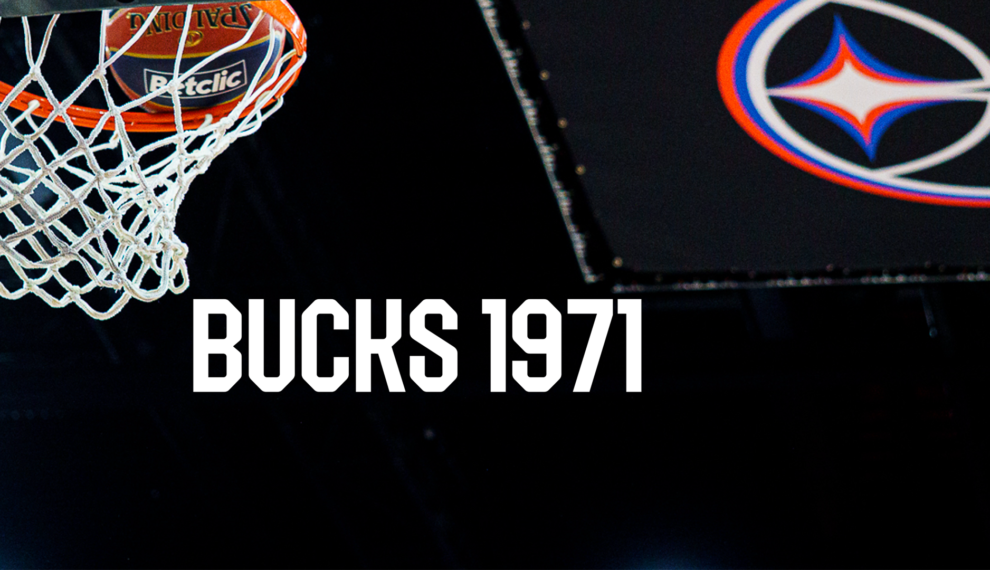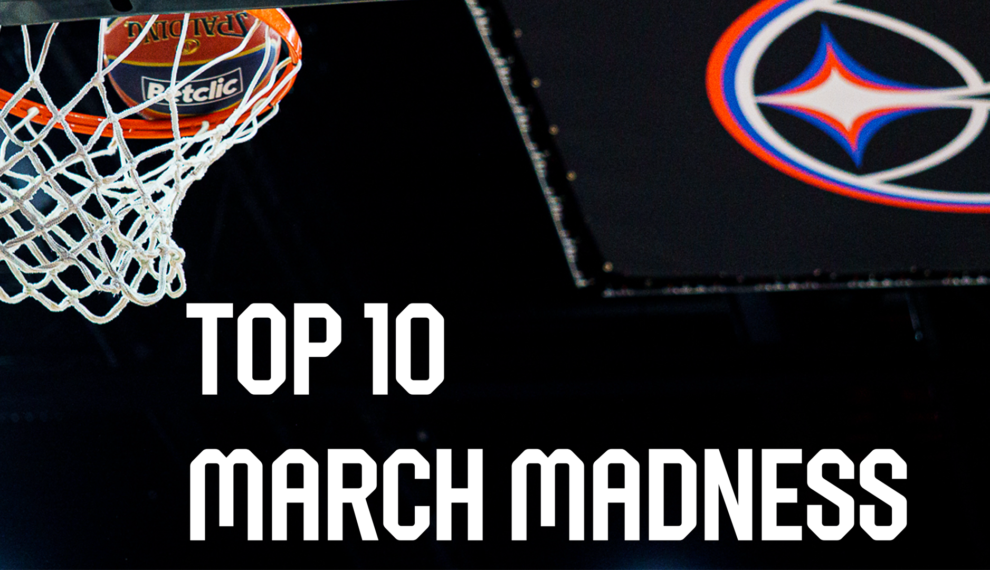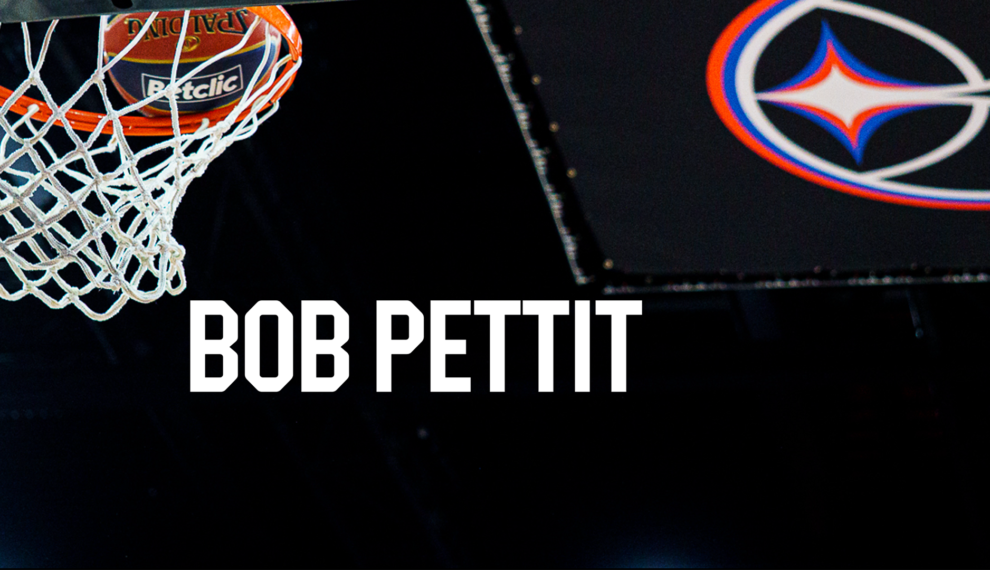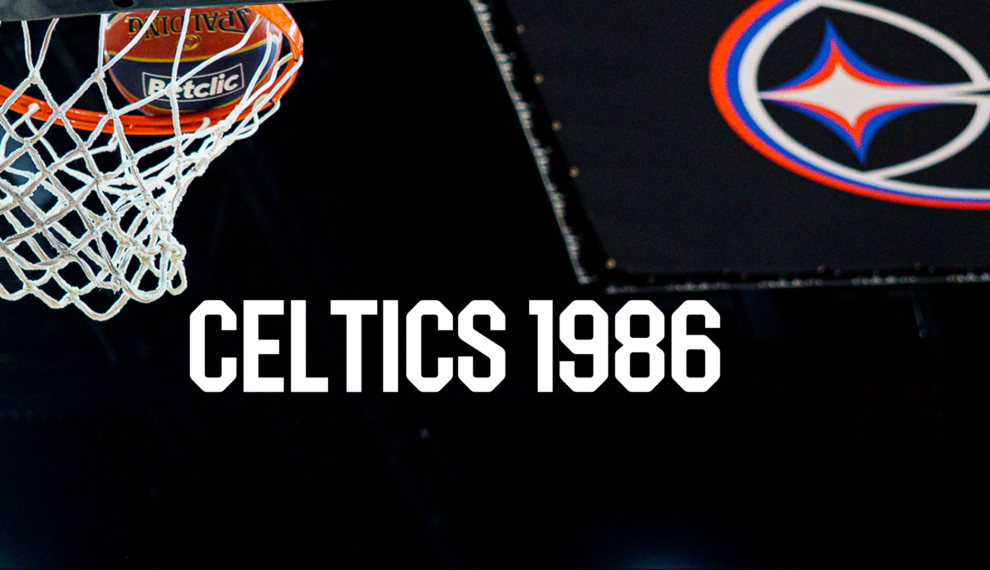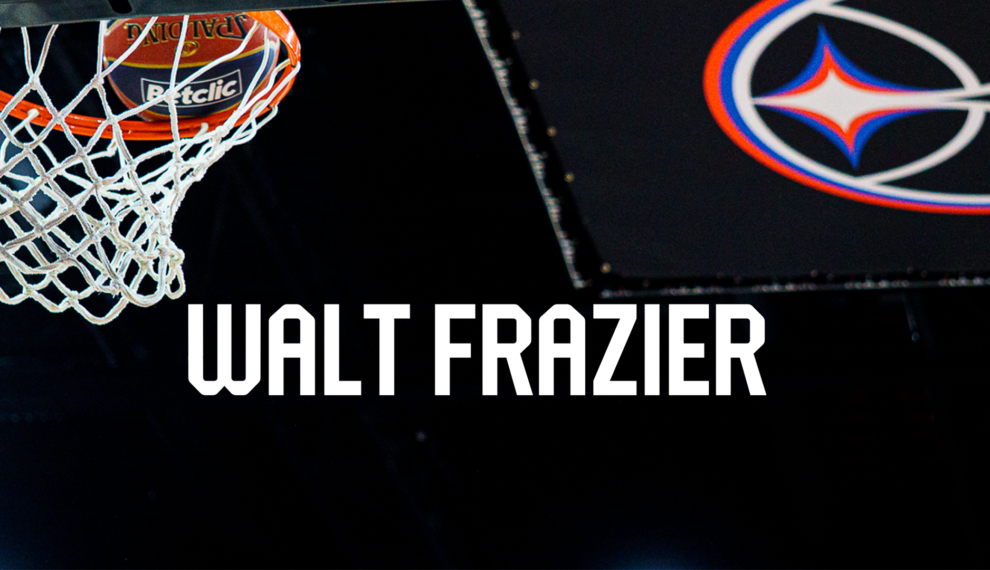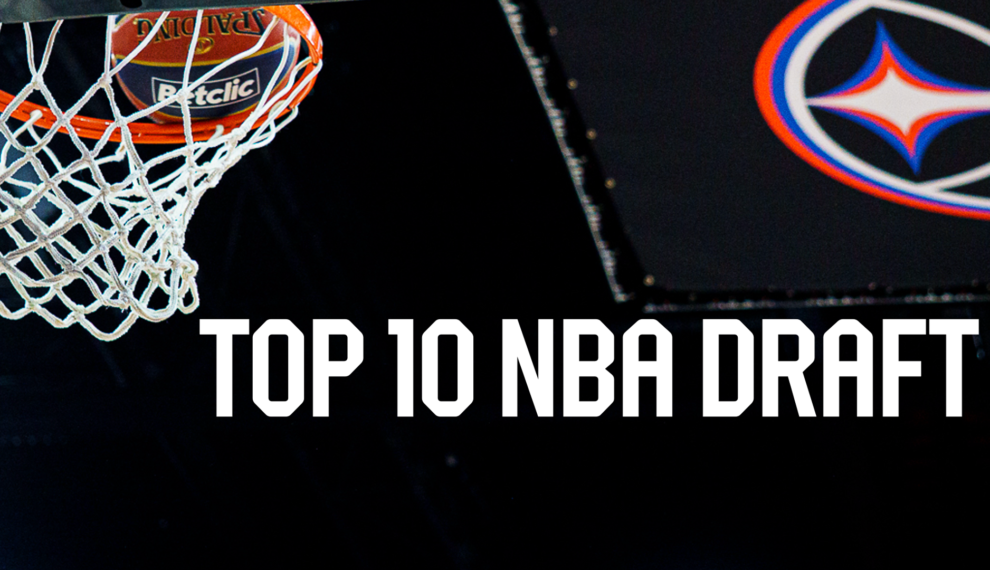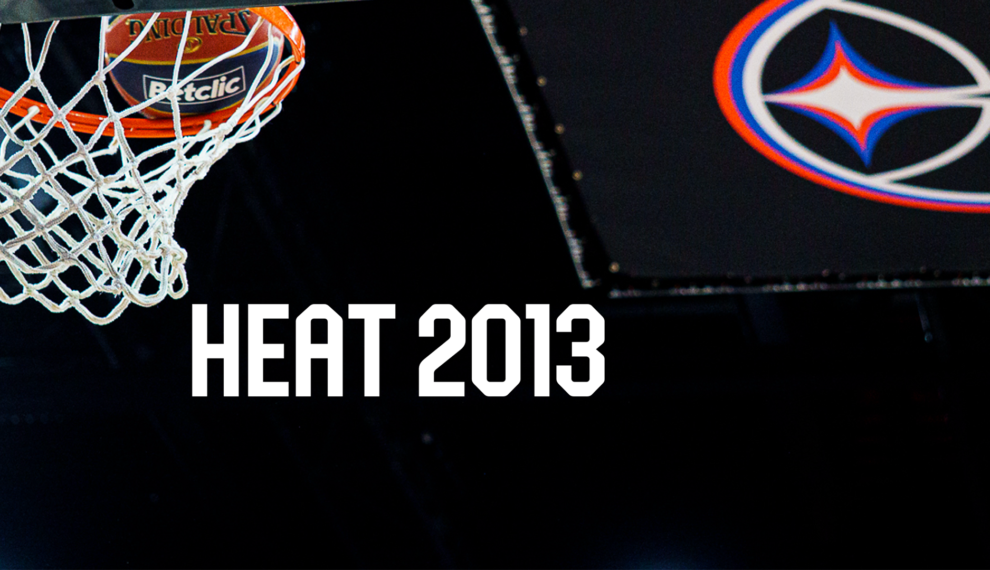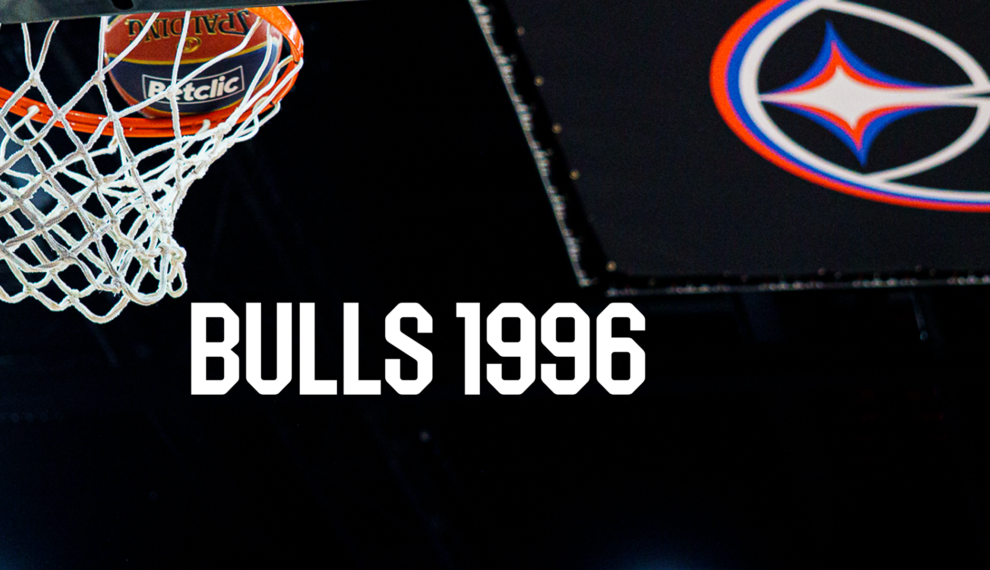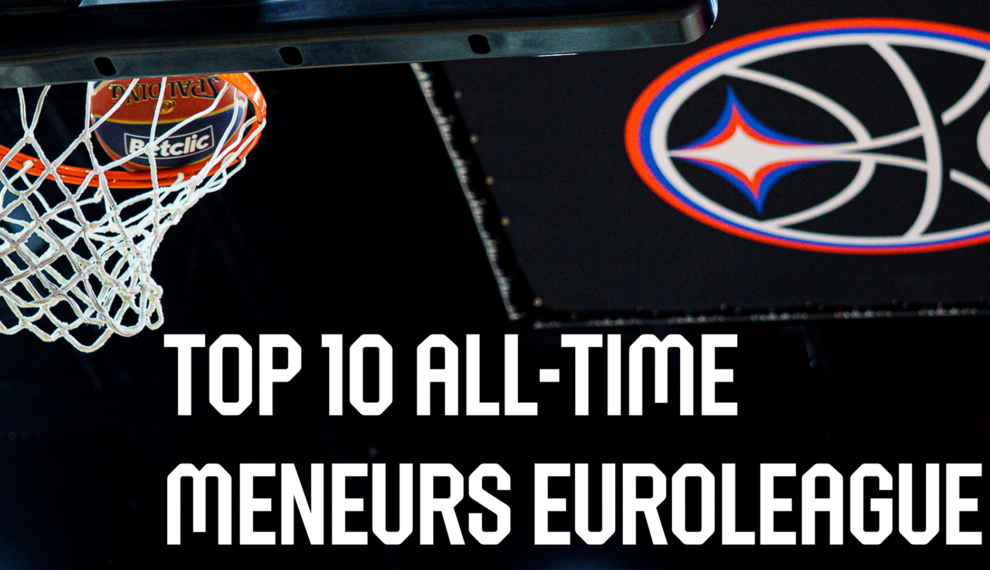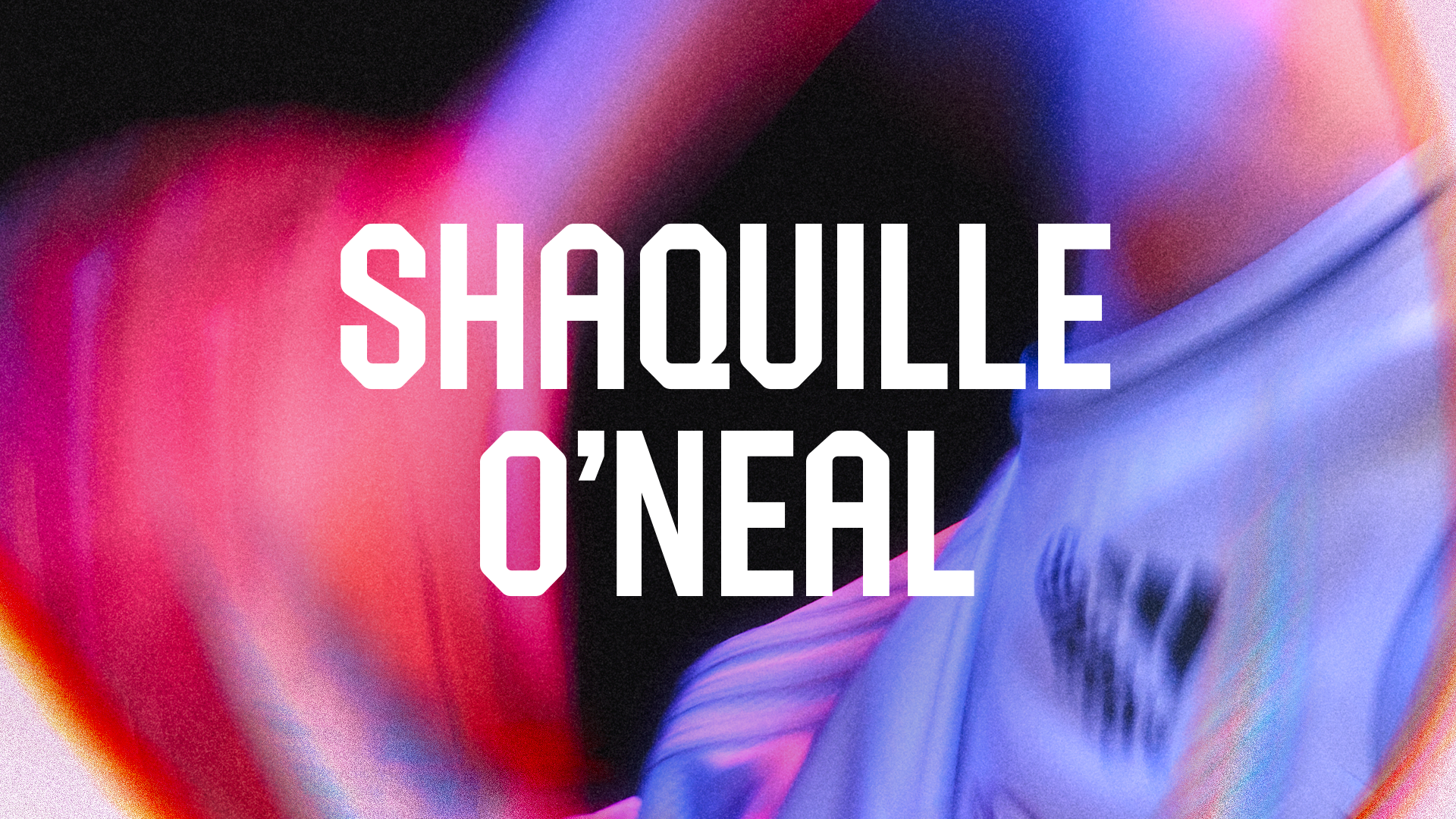
Shaquille O’Neal : Big Diesel, the great Aristotle, or simply Shaq
Shaquille O’Neal: An XXL career
When Shaquille O’Neal arrived in the NBA in 1992, he didn’t come to play half-heartedly. The guy was a 2.16 m, 147 kg mountain of a man, a monster who combined raw power, astonishing agility and an XXL personality. Drafted first overall by the Orlando Magic, Shaq arrived with a clear goal: to make history and, incidentally, leave his mark on people’s minds (and a few backboards).
An explosive debut in Orlando
From his very first season, Shaq showed his colours: Rookie of the Year, with an average of 23.4 points, 13.9 rebounds and 3.5 blocks per game. These stats are strangely similar to those of a small (very tall) Frenchman who is making a big impact: Wembanyama. His impact was immediate, both on and off the court. With his devastating dunks that shook the hoops (literally, he broke several and the league had to change its backboards), he brought hype to an Eastern Conference team that was struggling to make a name for itself. In Orlando, he formed a fiery duo with Penny Hardaway, and in 1995, he led the Magic to the NBA Finals against the Rockets. They lost, swept by another great: Hakeem ‘The Dream’ Olajuwon, but Shaq had just proven that he was here to stay.
The golden age with the Lakers
In 1996, Shaq reached a new milestone when he joined the Los Angeles Lakers, a franchise where legends are made. Teamed up with a young Kobe Bryant, he formed one of the most iconic and devastating duos in NBA history. Between 2000 and 2002, they achieved the famous three-peat, three consecutive titles, with Shaq as Finals MVP each time. His dominance in the paint was total: no defender, not even the best centres of the era, could contain him. He was a steamroller that swept through the NBA, averaging over 30 points in the first two playoff titles, and no one was able to defend against Shaq at his prime. That is, until the emergence of a team that would last more than a decade in the West: Tim Duncan’s Spurs and, above all, Gregg Popovich’s Spurs. Then, in the East, one of the best defences of all time, the Detroit Pistons.
It was also with the Lakers, and especially in the City of Angels, that he forged his legend off the court. Shaq wasn’t just a player, he was a showman. Advertisements, cinema (Kazaam, anyone?) and even a career in rap, with albums such as Shaq Diesel. Yes, Shaq was as much a cultural phenomenon as he was an athlete.
An eternal champion with the Heat
After tensions with Kobe, Shaq left the Lakers in 2004 and joined the Miami Heat. Many thought his prime was behind him. Wrong. In 2006, he proved he could still carry a team by helping Dwyane Wade win the franchise’s first NBA title. Shaq, at 34, was still an unstoppable force.
Anecdotes that make us love Shaq
- The backboard breaker: In 1993, Shaq broke two backboards during the season. One collapsed after a monstrous dunk, and the other had its hydraulic system explode. The result? The NBA changed the rules to reinforce the structures.
- The punchline machine: Whether with journalists or on the court, Shaq is known for his iconic quotes, such as ‘I was like a dog. When there was meat, I ate everything.’
- His first salary? A trip to the dealership to buy three Mercedes-Benz cars… in one day.
Shaquille O’Neal is all about this: a mix of unmatched dominance and unique charisma. From his explosive start in Orlando to his championship rings, Shaq has always played by his own rules. And he’s rocked the courts like no one else.
A playing style as massive as his physique
When we talk about Shaquille O’Neal, we’re not just talking about a basketball player, but a force of nature. On the court, he was like a bulldozer with the moves of a dancer. At 2.16 metres tall and weighing 147 kilos, Shaq dominated every aspect of the game, combining unrivalled power with often underestimated technique.
The king of dunks
If Shaq became a legend, it was above all thanks to his powerful dunks. He wasn’t content with just scoring, he wanted to humiliate his opponents. Every dunk was a message: ‘No one can stop me.’ In the paint, he was virtually impossible to defend. His moves in the post were simple but ultra-effective, using his weight and strength to knock his defenders aside as if they were children. The result? Easy baskets and constant intimidation on the court.
The boss of rebounds and blocks
But Shaq wasn’t just an attacker. Defensively, he was just as impressive. With his long arms and ability to read the game, he was a rebounding machine and a shot-blocking specialist. He didn’t need finesse: his game was based on imposing physical presence and perfect timing. When Shaq was in the paint, it was a ‘no go zone’ for opposing attackers.
The redefined centre
Before Shaq, centres were often confined to specific roles: protecting the circle, setting screens, and scoring points in the low post. Shaq changed the game. He proved that a centre could be the focal point of a team’s offence, not just a secondary role. At his prime, Shaq constantly drew double or triple teams, which opened up opportunities for his teammates.
He also pushed the NBA to evolve. His dominance was so extreme that opposing teams had to come up with special strategies to contain him, such as the famous Hack-a-Shaq, a method of fouling him in the hope that he would miss his free throws. Spoiler alert: he often missed them (52.7% success rate over his entire career), but his impact remained enormous.
Shaq versus other legendary centres
The NBA has seen its fair share of legendary centres throughout its history: Kareem Abdul-Jabbar, Wilt Chamberlain, Hakeem Olajuwon, and Patrick Ewing, to name a few. But Shaq had something different.
- Kareem Abdul-Jabbar had his skyhook, an unstoppable offensive weapon. But Shaq had his unstoppable physique, which allowed him to impose his will everywhere.
- Wilt Chamberlain dominated his era, but faced with the athletic density of the 1990s and 2000s, he could never have competed with Shaq’s power.
- Hakeem Olajuwon is often seen as a direct rival, and his technical finesse in the post is undeniable. Olajuwon danced, Shaq crushed.
Shaq redefined what it means to be a dominant centre in an ever-evolving league. His style wasn’t just spectacular: it was revolutionary. At a time when the game was becoming faster and more backcourt-oriented, he proved that physical dominance in the paint could still be the ultimate weapon.
If you saw Shaq in the paint, you knew he was going to score. And even if you wanted to stop him, chances were you’d end up on a dunk poster.
An icon beyond the court
Shaquille O’Neal didn’t just change the NBA on the court. He also redefined what it meant to be a star outside of basketball. Shaq was a global phenomenon: a presence that transcended the court to touch pop culture, streetwear, and even hip-hop. If the NBA became a cultural empire in the 1990s and 2000s, Shaq played a big part in it.
A boost for the NBA : spectators and merchandising
In the 1990s, the NBA was on the rise, but Shaq helped it explode onto the international scene. With his extraordinary physique and devastating dunks, he drew crowds to the arenas and in front of the television. Young people wanted Shaq jerseys, signature shoes, and even toys bearing his likeness.
Shaq was also one of the first players to understand the potential of merchandising. His partnerships with Reebok and other brands made history. The Shaq Attaq trainers, for example, became a staple of street culture, rivalling Jordans in popularity on playgrounds around the world.
Shaq, the XXL personality
What made Shaq unique was his larger-than-life personality. He wasn’t just a dominant player; he was also a showman who loved to entertain. On the court, he juggled fierce rivalry with moments of pure fun. His complex relationship with Kobe Bryant fascinated fans: a mixture of tension, competition, but also mutual respect.
But it was off the court that Shaq really shone. Whether at press conferences, where he delivered legendary punchlines, or in hilarious commercials, he knew how to capture attention. Shaq was able to laugh at himself while still commanding respect. His humour was his trademark, as evidenced by his role in the famous Inside the NBA, where he continues to make fans laugh today.
Impact on street and hip-hop culture
Shaq wasn’t just a player, he was also an artist. Passionate about hip-hop, he released several albums in the 1990s, including the famous Shaq Diesel, which went platinum. Yes, an NBA centre with a platinum record – who can compete with that?
He collaborated with legends such as Notorious B.I.G., Jay-Z and Nas, and his tracks perfectly reflected the vibe of the 90s: raw, authentic and rooted in street culture. At the time, he was one of the few players to openly represent this fusion between the NBA and hip-hop, a dynamic that has since exploded with stars such as Damian Lillard and even LeBron James.
Shaq was also a face of streetwear before it was mainstream. With his partnerships and laid-back style, he influenced a whole generation of fans who saw him as more than just an athlete: an icon of their culture.
A timeless legend
In the end, Shaq wasn’t just a player. He was a cultural phenomenon. Whether on the court, on stage with a microphone, or in front of the cameras, he imposed his style and vision. Even today, he remains a key figure in the NBA and urban culture.
Stats to match the man !
Shaquille O’Neal’s numbers speak as loudly as his actions. Monstrous stats, records etched in history, and anecdotes backed by numbers show the impact the Big Diesel had on the game. Get ready, because these numbers hit as hard as a dunk in the paint.
🏆 A champion’s record
- 4 NBA championship titles: Three with the Lakers (2000, 2001, 2002), one with the Miami Heat (2006).
- 3-time NBA Finals MVP (2000, 2001, 2002): Shaq was literally unstoppable during these playoffs, dominating each series with an average of 36 points and 15 rebounds in 2000.
- MVP of the regular season in 2000: With an average of 29.7 points, 13.6 rebounds and 3 blocks per game, he was the undisputed boss of the league that year.
💥 Impressive statistics
- Career points scored: 28,596 points (an average of 23.7 points per game). Shaq could score at will, and often with style.
- Rebounds: 13,099 (10.9 per game). He dominated the air like no one else.
- Broken backboards: Officially, Shaq destroyed two in games during his early years with Orlando. But unofficially, his brutal style prompted the NBA to reinforce the structures to prevent further ‘accidents’.
🔥 Notable records
- 2001 Playoffs: During the Lakers’ legendary playoff run, Shaq averaged 30.4 points and 15.4 rebounds per game.
- 50+ point games: Shaq surpassed the 50-point mark three times in the regular season, a feat few centres had achieved since Wilt.
- Blocks: With 2,732 career blocks, he established himself as an elite protector of the paint.
🎯 A few anecdotes and statistics
- Missed free throws: 5,317. Yes, Shaq was known for his shooting struggles, but that never stopped him from dominating. His mantra? ‘I’d rather miss my free throws and win than make them and lose.’
- A ‘big’ contract: In 1996, he signed with the Lakers for £121 million over seven years, one of the most lucrative contracts of the time.
- Shaq Diesel on the court… and on the road: His first post-NBA contract splurge? Buying three Mercedes-Benz cars at once for himself and his loved ones.
Timeless statistical domination
Shaq’s numbers only tell part of the story. They testify to his ability to impose his will in the paint and make NBA history. But beyond the stats, Shaq was an experience: a player who was not only measured in points or rebounds, but also in emotions and iconic moments.
With his four rings, MVP award, three consecutive Finals MVP awards and countless dunks that resonated in arenas around the world, Shaq remains one of the greatest. You don’t need to be a statistics expert to understand one thing: Shaquille O’Neal was domination incarnate. Big Diesel, Shaq Attaq, Shaq left his mark on the NBA, an incredible player on and off the court who made basketball shine around the world.
Read also
Latest items


